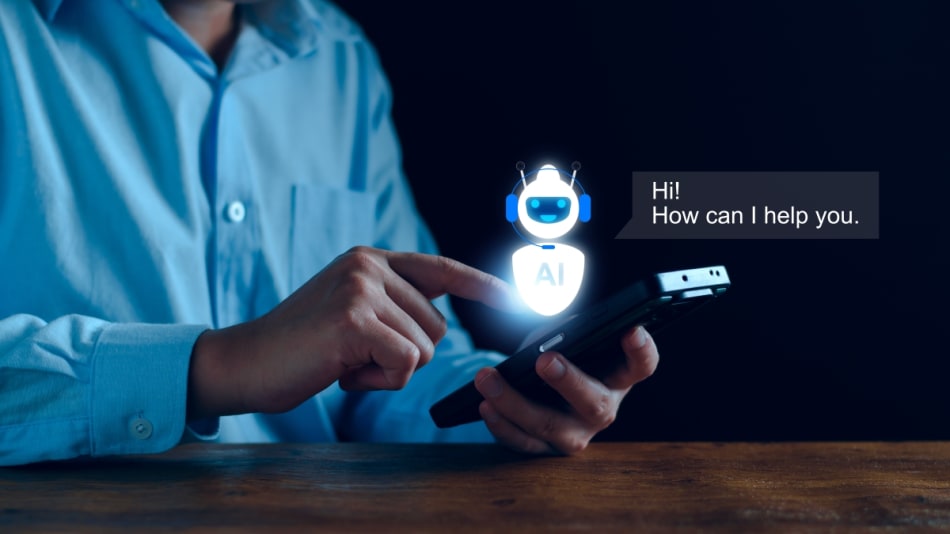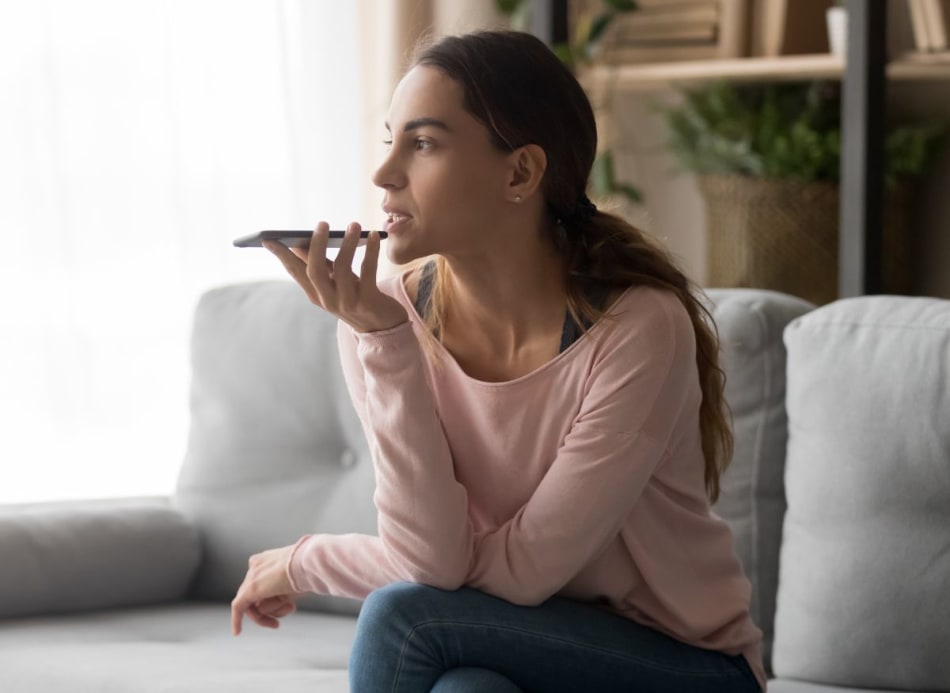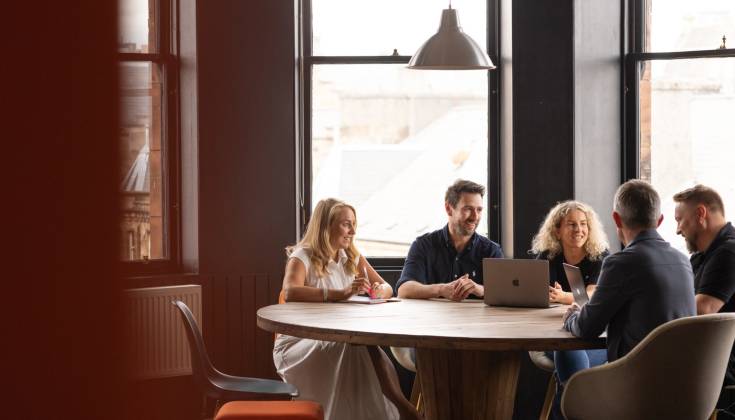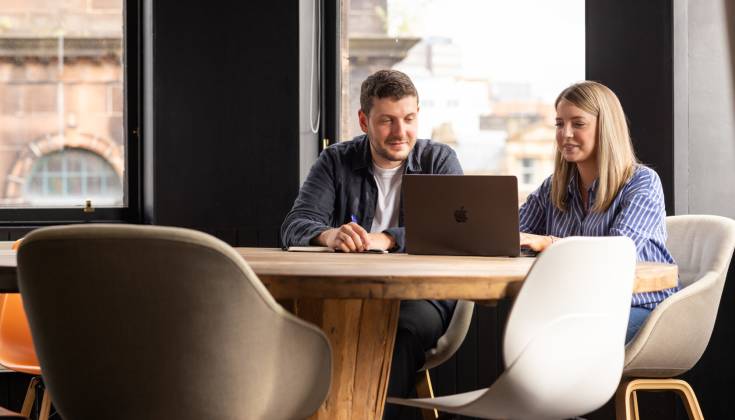
The comedian Bill Bailey once lamented that his local A&E department was being closed down and ‘replaced by an app’.
Whilst this observation is both humorous and ludicrous in equal measure, healthcare systems have a prescient need to adopt technology to create the kind of modern, flexible services that can deal with the throughput of people who are living longer and living with conditions that might once have been managed from a bed… and are now managed remotely.
The adoption of digital health technology, which accelerated significantly during (and post) pandemic, can be viewed as both positive and negative. Like any change, the advent of health apps, companion software and digital therapeutics is a difficult but necessary adjustment.
As a sector, healthcare has fought off disruption for some time; the ‘move fast and break things’ mantra of Silicon Valley that has dramatically altered finance, communications and commerce has not fared well in health, think Theranos.
The critical shift comes from the fact we are all now digital health consumers. And many of us are outsourcing wellness management to wearables, apps and platforms that can help maintain our physical and mental wellbeing.

A new era of healthcare expectations
If we look at the new frontier of intelligent digital health experiences from the consumer angle, we can anticipate what is just about to come down the line.
Over the last five years, we have been in the process of resetting the western world’s expectations of how we manage our health and wellness. We have become adjusted to SMS monitoring, mobile app services and in some cases VR experiences.
Alongside all this, we now have added the added possibilities of artificial intelligence (AI), sensor data and ambient computing power to help us augment health services with the technology that humans need to truly create better healthcare with intelligent digital health experiences.
If people are habituated to generative AI through chatbots like ChatGPT and trust their smartwatch to keep an eye on their vital signs, the next generation of health apps will need to be iterative, morphing and additive to people’s general wellness and health outcomes. Addressing preventative health, rather than just remediating reactive health.
Addressing health with foresight
Preventative health is a tricky topic. Not just because it requires proactive, willpower focused lifestyle changes in many cases… but also because we generally don’t walk around noticing things wrong with us, unless we are forced to.
The availability heuristic means that unless something happened recently, a bad back, an annoying cough or the like… we pay little attention to ourselves and we quickly forget pretty quickly to apply things that we should be doing for our own benefit.
Furthermore, we constantly tell ourselves ‘Who has time to continuously add information to an app about how we are?’.
The resistance to proactivity can be dramatically impacted by mobile apps that leverage sensors to identify digital biomarkers and generative AI tooling trained on not just your data but a corpus of data that is unimaginably large.
The next generation of health apps should (and in many cases already are) transform our local data into insights about our heath and provide actions to maintain our health or stave off disease.
The quantified self
The ‘quantified self’ is not a new movement – however, all innovation usually emerges multiple years before we see it hit the mainstream.
In 2009, the ‘measured’ man’ Larry Smarr – who through years of charting many of his own body’s microbiome – was able self- diagnosis Crohn’s disease, long before definitive symptoms had manifested. Of course, we don’t (yet) have the health app to inspect our stool samples with Larry’s level of admirable dedication.

But by making data collection, for all potential afflictions and their related biomarkers, more passive… it will allow us to uncover richer and more useful diagnostic information.
This is particularly pertinent now with apps like Sleepio being prescribed on the NHS instead of sleeping pills. This represents quite a change in a sector that has been a notorious digital laggard. And this has some big implications – namely, demystifying medicine, making it personal and enabling everyone to get access no matter where they are.
Whether someone is looking to establish irregular heart rhythms, stomach disorders, developing symptoms of MS or a myriad of other symptoms related to additional therapeutic areas, health apps will provide a bed rock and foundation for data collection to aid healthcare professional decision making.
Healthcare Democratisation & Personalisation
The democratisation of healthcare is a dreadful term (especially living in a country where post war ubiquitous democratisation of access was an expectation rather than a target to aim for).
We are opening options to patient or endpoint healthcare user, to make better decisions for themselves. The choices we make are never as clear cut as we like to believe. As you can easily come across false positives everywhere in health research… just think about your own webMD searches.
If you watch the BBC Horizon programme about Making Sense of Cancer by the mathematician Hannah Fry who, despite being highly rational, made poorly informed choices about her cancer treatment which resulted in lifelong
complications. Her oncologist just saw ‘cancer’ and failed to manage the long term needs of the patient, as a result, Hannah, a relatively young woman will now endure debilitating mobility problems for the rest of her life.
This nods to the need for increased personalisation – medical treatments have a nasty habit of being woefully generic – treatments can be given to people who do not benefit from them – and when a patient is given a treatment with no therapeutic value, it is essentially prescribing side effects.
The data we collect about ourselves should provide information on our response to a treatment – ‘Digital Twins’, your own personal avatar created from your personal data can be experimented on to see the permutations of treatment options for the best outcomes.
There is also a significant flipside to this – as sometimes just talking to a doctor or connecting with care providers is beneficial. The placebo effect is the psychological impact of treatment, medicine generally worries that this interferes with assessing therapies and mitigate this when running clinical trials. But if the placebo effect is a good thing, this should be taken into account? The psychological benefits of treatment as well as the biological ones need to be applied when administering to patients. Technology can be a key part of putting this back in, especially by increasing access to professional help, even if it is through a digital chat module in an mobile application.
The virtual ward
A great example of how all of this is manifesting forms the basis of virtual hospitals that have been emerging in the US and UAE and are taking hold in the UK.
This drives an improvement to the whole healthcare system – managing patients at home is way more cost effective than building whatever quota of hospitals countless governments promise but fail to do. And being at home is far more conducive to wellbeing than many hospital wards.

But at a fundamental level we can learn to diagnose quicker – I refer you back to the Hannah Fry Horizon episode – who missed her first smear test that could have identified her cancer much earlier, reducing the need for invasive treatments. The data of tracking and technology helps healthcare systems improve the health of the population as a whole too – a model for improving the wellness of society comes from Singapore that incentivised tracking by offering rewards to citizens. They even gave wearables to the members of the public – to encourage participation in healthy habit forming. This is truly revolutionary.
Startups are launching AI-based personalised-nutrition apps that build on these principles. Zoe, sends customers a set of specially formulated muffins. By knowing exactly what is in the food being eaten, and measuring the changes in blood sugar and fat that come about in response, the company can create a predictive model that fits customers’ metabolism. Its algorithm then whips up a bespoke catalogue of foods and meals, with predicted blood-sugar reactions to each.
Taking this further, technology combined with an app can provide therapy in the moment when getting medical help is not possible -Freespira, that helps with panic attacks – consists of a breathing sensor placed in the nose and connected to a tablet that patients use twice a day for four weeks. People with panic disorders breathe in a particular way that leads to a build-up of carbon dioxide, thought to set off the physiological chain that causes panic.
Conclusion
I hope we are the last generation that know so little about our own health. Currently my car, which is very old, has more sensors and regular checks compared to me and remarkably that still keeps going.
The companies challenging the way we do healthcare too are not coming from big tech or big pharma either – as with all disruption you only have to look to the upstarts – Uber, Airbnb or even TikTok – to see where the new wave healthcare is coming from.
In making intelligent digital health experiences we are helping people with truly innovative ideas to contribute to the new healthcare revolution. The pandemic opened up new opportunities to get into the hands of the new healthcare consumers, now we need to make sure these consumers get the best out of these new tools.
If you’d like to continue the conversation, reach out and let’s make time to have a coffee… if my Zoe says it’s ok to do so!

Authors
Client Partner
Related

Article • 10 February 2026
Waracle’s 2026 Strategy – Building the Benchmark for Modern Consultancy



